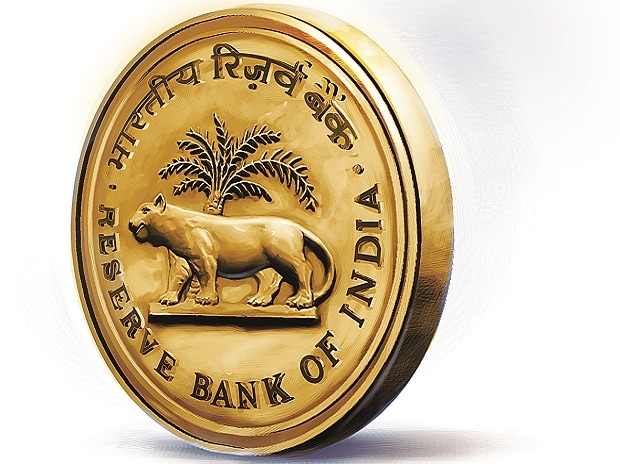[ad_1]
The minutes of the Monetary Policy Committee (MPC)’s Feb 6-8 meeting showed an increasing degree of concern among most members over persistent inflationary pressures, with the rate-setting panel largely flagging stubbornly high core inflation.
At the conclusion of the meeting on February 8, the six-member MPC announced a 25-basis-point hike in the repo rate to 6.50 per cent, taking the total quantum of tightening since May 2022 to 250 basis points.
“CPI inflation has moderated primarily due to lower vegetable prices. Core inflation (i.e., consumer price index (CPI)-based inflation excluding food and fuel), however, is elevated and sticky at around 6 per cent. CPI-based inflation excluding vegetables has moved higher,” Reserve Bank of India (RBI) Governor Shaktikanta Das wrote in the minutes.
“Durability of a disinflation process cannot solely rely on food inflation… We must, therefore, remain unwavering in our commitment to bring down inflation to ensure a decisive and durable moderation in inflation,” Das said.
The MPC had reduced its inflation forecast for Jan-March at the last meeting following declines in headline retail inflation in November and December. However, data released after February 8, showed an unexpectedly sharp rise in headline CPI-based inflation to 6.52 per cent in January.
The RBI’s inflation target is 4 per cent, while the central bank’s tolerance band for the price gauge is 2-6 per cent. The surge in inflation in January was largely influenced by cereal prices, analysts said.
“…barring the pronounced winter easing of vegetables prices, almost every other component of the consumer price index is showing a hardening of price pressures. Hence, the stance of monetary policy will need to remain disinflationary till inflation is returned to target,” RBI Deputy Governor Michael Patra said in the minutes.
According to RBI executive director Rajiv Ranjan, a “deep dive” into CPI-based inflation indicates little evidence of a decisive and durable disinflation process.
Instead, the persistence of inflation could result in large re-pricing of risk and consequent market turbulence, he said. Highlighting the need for central banks to safeguard their credibility in battling inflation, Ranjan said that it would be premature to lower the guard.
Shashank Bhide, one of the three external members of the MPC, also flagged inflation risks saying that moderation in price pressures was driven by “a few food commodities” while core inflation remained at or above 6 per cent in November and December 2022.
The two other external members of the MPC – Ashima Goyal and Jayanth Varma – both of whom had voted against the rate hike, emphasised risks to economic growth posed by tighter monetary policy.
Goyal said that there were little signs of wage or demand-led second-round effects on inflation and that core inflation could moderate going ahead, aided by easing pressures in segments such as transport, textiles and recreation.
“Excessive front-loading of rate hikes carries the risk of over-shooting that is best avoided for compelling reasons in the Indian context: First, raising real policy rates to reduce demand has a stronger effect on growth than it does on inflation…over-shooting can have persistent deleterious effects here, including instability,” Goyal said.
Varma, who has voiced dissent on the MPC’s rate actions over the past few months, said that as a result of complacency over inflation in the second half of the previous fiscal year, the price was being paid now in the form of unacceptably high inflation.
“In the second half of 2022-23, monetary policy has, in my view, become complacent about growth, and I fervently hope that we do not pay the price for this in terms of unacceptably low growth in 2023-24,” he said.
In February, the MPC projected GDP growth for FY24 at 6.4 per cent, lower than 6.8 per cent projected for the current fiscal year.
The current level of the repo rate likely overshoots the policy rate required to achieve price stability, he said.
[ad_2]
Source link



